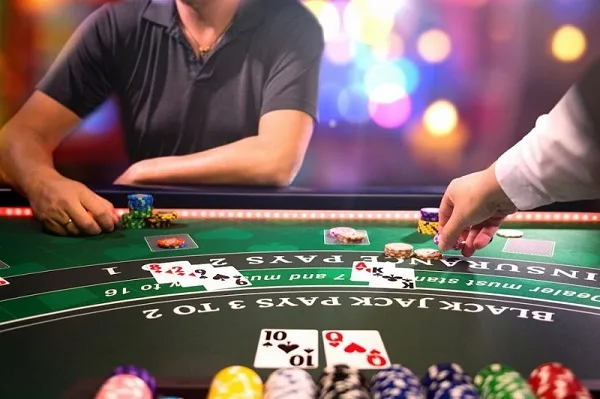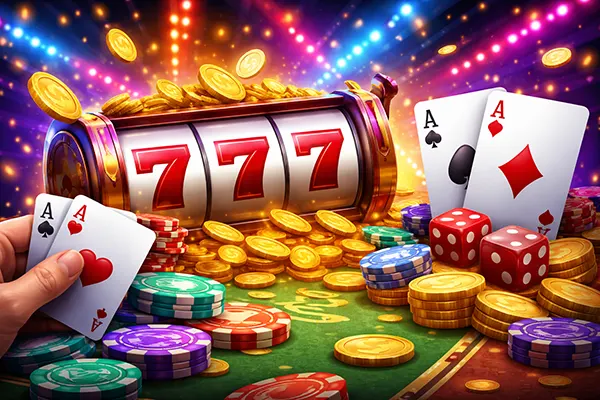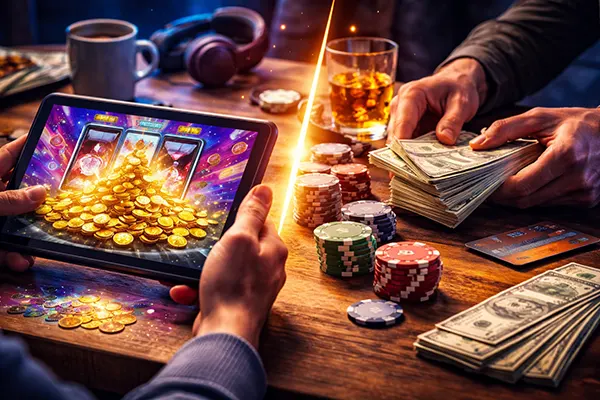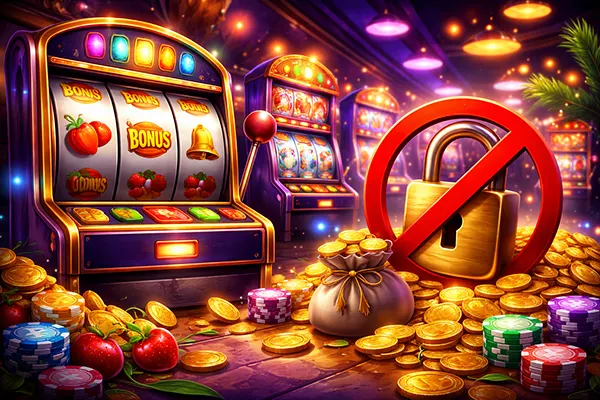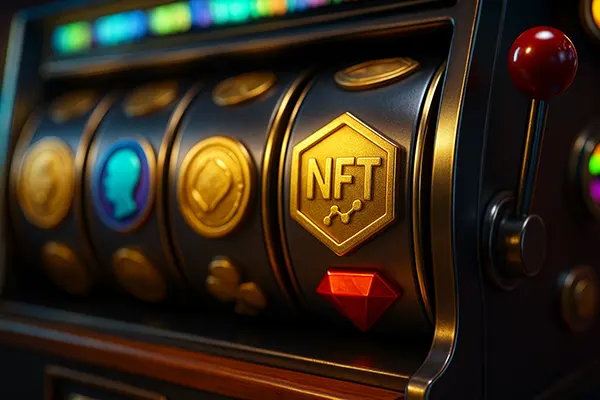
NFT in Slots: Artificial Hype or a New Era of Gamification?
In recent years, NFTs have captured the attention of investors, gamers, and developers across industries. While their utility in digital art and collectibles is widely recognised, their integration into online slot games raises new questions. Is this a transformative step toward deeper player engagement, or simply another tech gimmick?
The Integration of NFTs in Slot Mechanics
Since 2021, several online casinos and game providers have experimented with NFTs as part of their gameplay features. Instead of static reels and symbols, NFTs have enabled dynamic content and asset ownership within slot games. These unique digital tokens represent characters, skins, or boosters that can evolve or increase in value based on player actions.
For example, certain games offer players NFT-based avatars or collectible reels that influence gameplay. These assets can be traded or used across titles within a shared ecosystem. Developers such as BGaming and Evoplay have explored NFT-enhanced gaming structures that reward loyalty and time spent in-game, bridging entertainment with speculative value.
By implementing blockchain technology, NFTs in slots provide provable ownership and transparency. Players can verify the scarcity of their in-game items, and in some cases, sell them on third-party marketplaces. This integration enhances both the gaming experience and the player’s sense of participation in the broader digital economy.
Are Players Actually Interested?
Despite the innovation, player interest in NFT slots remains mixed. According to a June 2025 survey by Statista, only 12% of regular slot players expressed interest in NFT features. Most respondents cited uncertainty, lack of value, or overly complicated mechanics as deterrents.
Many casual gamers find the NFT concept overly technical. They prefer straightforward gameplay without the added layer of wallets, token transfers, and blockchain jargon. However, niche communities and crypto-savvy users have embraced these games, particularly on decentralised gambling sites operating with cryptocurrency wallets.
The success of NFT slots hinges on user-friendly integration. If players feel that the technology adds friction rather than fun, adoption will stall. Developers need to focus on clean interfaces and minimal technical prerequisites to make the concept viable in mainstream gambling.
Ownership and Value Beyond Gameplay
One of the key appeals of NFTs is digital ownership. In slot games, this could translate to players owning exclusive in-game reels, symbols, or features that grant unique advantages or bonuses. These items may also carry prestige, functioning as status symbols within gaming communities.
Moreover, NFTs can foster a secondary market. A user might win a rare NFT during bonus rounds and later auction it for cryptocurrency. This resale potential adds another layer of excitement, transforming simple spins into a form of asset generation.
But there are risks. The market for gaming NFTs is highly speculative and subject to volatility. A unique in-game item may have value today, but become worthless if the game loses traction or the developer shuts down. Players must weigh the entertainment value against the potential for financial loss.
Regulatory and Ethical Considerations
As of June 2025, no universal regulation covers NFT use in gambling. Jurisdictions such as Malta and Curaçao permit NFT-based mechanics if they don’t interfere with the fairness of gameplay. However, many national regulators, including the UK Gambling Commission, are cautious, citing the blurred line between gambling and speculative investment.
This legal uncertainty places the burden of due diligence on players and operators. Without regulatory clarity, disputes over NFT ownership, wallet theft, or asset valuation can be difficult to resolve. Operators are advised to clearly disclose NFT-related terms and integrate consumer protections into their design.
Ethically, the gamification of financial instruments, especially in games accessible to young adults, raises concerns. The line between entertainment and speculative trading continues to blur, and developers must tread carefully to avoid targeting vulnerable groups or exploiting hype cycles.
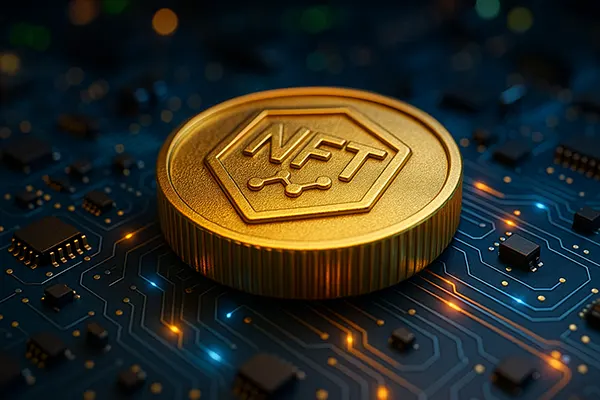
The Future of NFT Slots in 2025 and Beyond
While interest in NFTs has waned since their 2021 peak, the technology still offers practical potential when applied thoughtfully. In the slot gaming space, NFT mechanics could be refined into seasonal progression systems, limited-edition rewards, or personalised game content.
Industry leaders like Pragmatic Play and Playtech have not yet embraced NFTs broadly, citing uncertain market demand. Smaller studios and crypto-native developers remain the main adopters, using NFTs to stand out in a saturated marketplace. If successful use cases emerge, mainstream adoption may follow cautiously.
Technological maturity, user education, and regulation will ultimately shape the future of NFT slots. The next step could involve integrating AI-driven NFTs that evolve based on player behaviour, or interoperability between casino games and metaverse environments. Such innovations must be grounded in real value, not speculative hype, to gain long-term traction.
Evaluating Utility Versus Trend
It’s crucial to distinguish meaningful innovation from market noise. While NFTs offer exciting possibilities, their implementation should serve a purpose beyond novelty. If they enrich gameplay, foster community, and reward loyalty transparently, they may represent a true leap in slot design.
Conversely, rushed or exploitative integrations risk damaging both brand reputation and player trust. Developers should prioritise sustainable models over fast trends, avoiding unnecessary complexity or economic schemes that primarily benefit insiders.
In summary, NFTs in slots are not inherently good or bad—they are tools. Whether they mark a new era of gamification depends on how thoughtfully they’re applied and whether players find genuine value in the experience.

